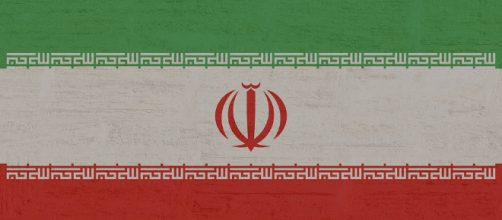Yesterday, (February 11), the people of Iran officially celebrated the 39th anniversary of the Iranian Revolution, a series of protests by the People Of Iran that eventually overthrew a US-backed monarchy and replaced it with a theocracy under Ayatollah Khomeini. However, the legacy of these celebrations is somewhat marred, as previous days saw protests of the poor economic situation in Iran, as well as thousands of arrests and 21 confirmed deaths (there may be more) that came with them, according to the Los Angeles Times. ABC News, on the other hand, estimates that roughly 5,000 arrests and at least 25 deaths have occurred as a result.
The protests
The protests mostly took place in the previous month, and were concerned with Iran's economic issues, namely inflation and suspected corruption of political officials. However, as time went on, many of the protesters began condemning the government itself, namely its theocratic nature. In response to this, Hassan Rouhani, the current leader of Iran, assured his countrymen that the economy would improve under his administration and that there may be an opportunity for referendum at some point in the future. However, Rouhani did not go into specifics about this matter. He also urged people across the political spectrum to put aside their differences on this special occasion.
The celebration
Despite the recent turmoil, the celebrations themselves were largely peaceful. The day was joyful and sunny as street vendors catered to children with treats and playthings. Granted, there was some anti-Western sentiment, as some chose to commemorate the occasion by burning flags of the United States and Israel, as is common during this yearly event. In many cases, the recent protests were downplayed -- or even ignored. However, some willingly participated in both, stating that wishing to change certain conditions of one's country does not make one any less of a patriot.
Recently, Iran has had success abroad, namely in its conflicts against ISIS and its intervention in Syria's civil war on the side of Al Assad.
The combination of Iran's theocratic government, its conflict against ISIS, and its current relationship, or lack thereof, with the west puts it in an interesting position. It is very much independent and in control of its own destiny, as the revolution intended. How this will affect it, only time will tell.


